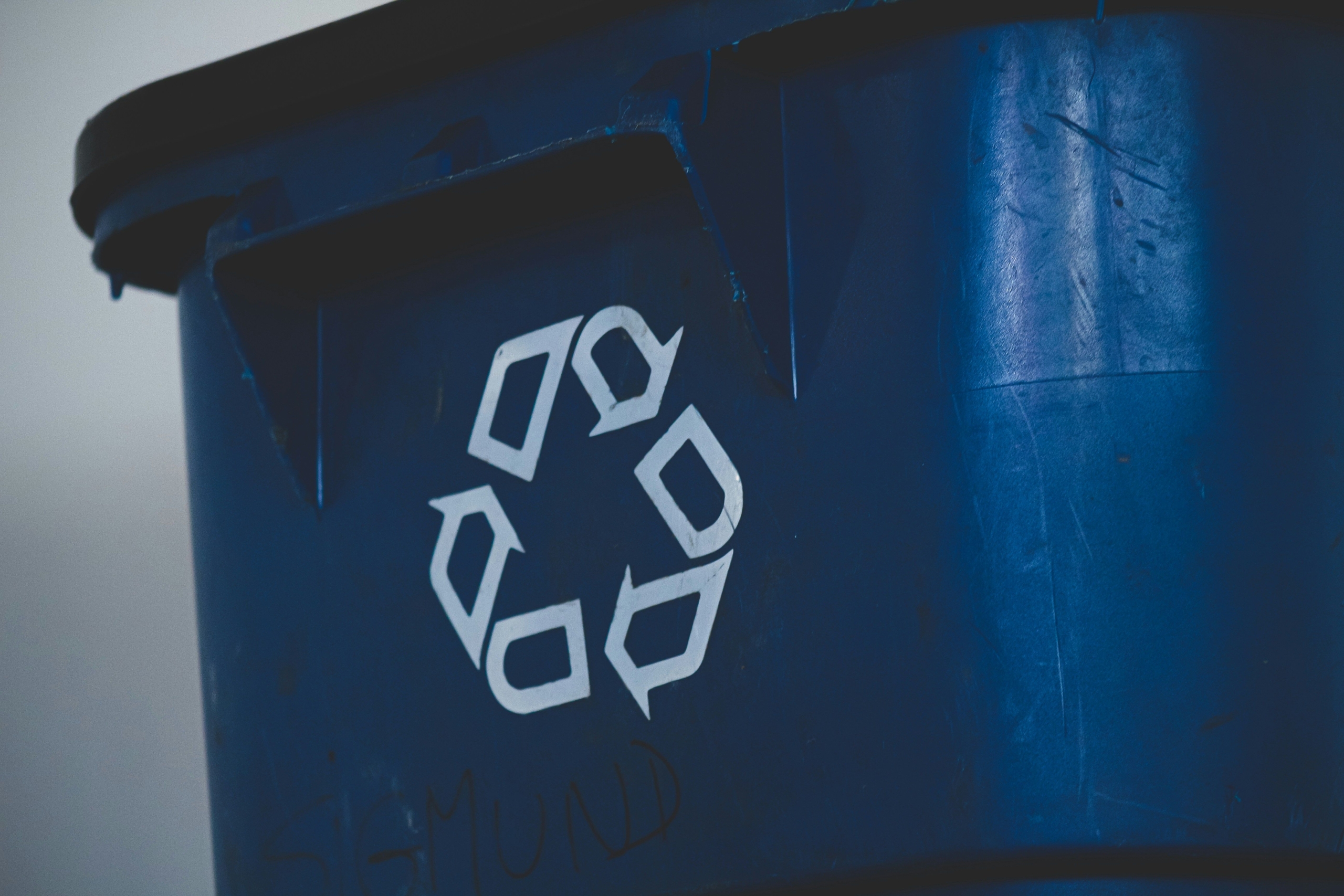What Is Integrated Logistics Support – Disposal

Integrated Logistics Support (ILS) is a comprehensive approach to managing a system’s lifecycle, integrating multiple disciplines to ensure the best outcome. Today, we are talking about one of those disciplines, disposal; what is it, when is it, and why is it?
In a nutshell, disposal planning is a crucial element that must be considered early in the design phase and throughout a project. This involves anticipating the eventual end-of-life of the equipment and establishing responsible procedures for its decommissioning, dismantling, recycling valuable materials, and ensuring environmentally safe disposal of hazardous components.
Effectively planned disposal minimises environmental impact, recovers resources, and contributes to a more sustainable equipment lifecycle. With that said, there is more to it, so we recommend you keep reading.
Understanding the Disposal Phase in ILS
Disposal strategies may include resale, recycling, or eco-friendly methods. Sustainable practices and technology aid in efficient asset tracking and planning. Collaboration with regulatory bodies and industry partners ensures compliance and responsible stewardship.
The disposal phase highlights the importance of sustainability in modern logistics practices. As environmental consciousness permeates every facet of industry operations, stakeholders are increasingly compelled to adopt eco-friendly disposal methods that minimise ecological impact while maximising resource efficiency.
Disposal planning also needs to be done for individual components. For example, perhaps only an individual part of your product is broken and you have replaced it and got the system back up and running, what do you do with the busted one? Well, that should be in your disposal plans.
Importance of Disposal Planning in ILS
The importance of good disposal planning cannot be understated. All we need to do is take a look at what happened in Ciudad Juárez, Mexico in 1984, known as the cobalt-60 contamination incident. In a nutshell, over 4000 people were exposed to cobalt-60 radiation because someone tried to dismantle a radiotherapy machine to sell for parts.
This incident could have been avoided with proper disposal planning. Oh, and the private hospital that purchased the machine tried to skip going through the proper channels regarding regulations, and the reason the employee tried to dismantle it to sell for parts, was due to it standing in storage for over six years as nobody had the proper training to use it.
So, with a little bit of ILS which includes training and planning, that whole incident could have been avoided.
Now, we know that disposal is something that needs to be considered and is implemented at the end of a product lifecycle. We also know what it is, so in this section, let’s take a look at why it is so important:
Environmental Impact

Proper disposal planning is crucial for mitigating the environmental impact of equipment, particularly those containing hazardous materials.
Many components used in modern equipment contain substances that can be detrimental to the environment if not disposed of correctly. These materials might include:
- Batteries and lubricants: These often contain heavy metals and toxic chemicals that can leach into soil and waterways if improperly disposed of.
- Refrigerants: Chlorofluorocarbons (CFCs) and hydrochlorofluorocarbons (HCFCs) are potent greenhouse gases used in older cooling systems.
- Electronics: Printed circuit boards and other electronic components can contain lead, mercury, and other hazardous substances.
Improper disposal of these materials can have severe consequences. Leaking batteries can contaminate soil and water sources, harm wildlife, and pose a health risk to humans. Improper refrigerant releases contribute to climate change. Discarded electronics in landfills can release toxins into the surrounding environment.
The UK government’s Social Value Score encourages businesses to consider social and environmental factors. Organisations can demonstrate their commitment to environmental sustainability by incorporating responsible disposal practices into ILS plans and contributing positively to their Social Value Score.
Cost Considerations
Proper disposal planning contributes significantly to a lifecycle management approach, ultimately leading to cost reduction.
Here’s how:
- Reduced environmental liabilities: Improper disposal can lead to hefty fines and environmental remediation costs if hazardous materials are not handled correctly. Planning for responsible disposal helps mitigate these risks and associated financial burdens.
- Minimised storage costs: Holding onto equipment past its useful life incurs storage costs. Effective disposal plans streamline the decommissioning process, freeing up valuable storage space for operational assets.
- Asset Resale: Good disposal plans explore the potential for reselling usable components and equipment, which can significantly reduce your disposal costs.
Asset recovery and recycling strategies can also save cost, as many equipment components contain valuable materials like metals, plastics, and precious metals. By employing these strategies, organisations can generate revenue, reduce reliance on virgin materials and extend equipment life.
By minimising environmental liabilities, optimising storage space, and exploring asset recovery opportunities, organisations can achieve a more sustainable and cost-effective approach to equipment management.
Regulatory Compliance
The disposal of certain types of material are subject to a strict legal framework in the UK and most countries. The Environment Agency sets regulations outlining the proper handling and disposal of hazardous materials. Non-compliance can result in significant consequences, including penalties for improper disposal and prosecution in severe cases. Also, improper disposal can lead to environmental contamination, requiring costly remediation.
Regulatory compliance is an important consideration in any good disposal plan. Without it, you end up with places like the Chittagong Ship Breaking Yard, one of the very few places left in the world where dying ships are sent, and it is a very dangerous place due low safety standards.
Luckily companies are starting to stop using facilities like these and opting for more costly options where safety standards are followed
Sustainability
A circular economy aims to keep resources in use for as long as possible. By incorporating responsible disposal strategies into ILS plans, organisations can:
- Reduce reliance on landfills: Proper disposal diverts waste from landfills, preserving valuable landfill space for truly unusable materials.
- Maximise resource recovery: Recycling and reuse strategies recover valuable materials from disposed components, which can be used to manufacture new products. This reduces the demand for virgin resources and promotes resource efficiency.
Effective ILS disposal planning closes the loop on a product’s lifecycle, minimising waste and promoting a more sustainable future.
Why Choose Quorum for Your Disposal Plan?
At Quorum Logistics Support Limited, we understand the complexities of equipment disposal. We offer a comprehensive solution that prioritises responsible practices while keeping your bottom line in mind. Here’s why Quorum is the ideal partner for your disposal planning needs:
- Cost Savings: Our team of experts identifies the most efficient and cost-effective disposal methods, saving you money in the long run.
- Proactive Disposal Strategies: We don’t wait until the last minute. Quorum works with you to develop proactive disposal plans, ensuring a smooth and compliant decommissioning process.
- Decades of Experience: With our extensive experience in Integrated Logistics Support disposal, you can be confident that a team of qualified professionals will handle your equipment.
- Unwavering Support: We are available whenever you need us. Our dedicated team provides ongoing support and guidance throughout the entire disposal process
Book an informal chat with Shaun And let Quorum take care of your disposal planning needs, allowing you to focus on your core operations with complete peace of mind



